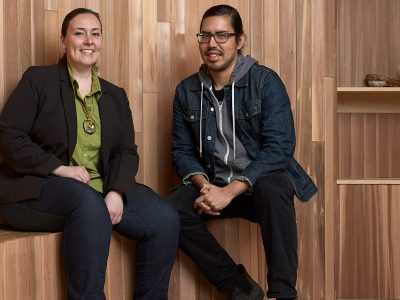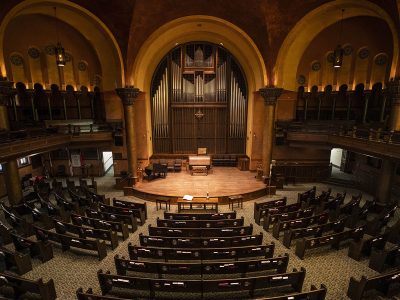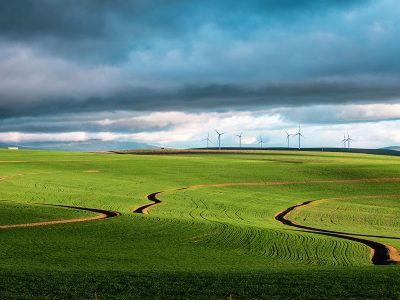By Dan Rubinstein
Tourism is the biggest industry in the Bahamas, employing about two-thirds of the Caribbean nation’s workforce directly and indirectly and providing more than half of its gross domestic product.
Banking is the second biggest business. The financial services sector, which supports hundreds of commercial banks, offshore banks, insurance companies, trust companies and offshore companies, accounts for 15 to 20 per cent of its gross domestic product (GDP).
Even though the Bahamas has a population of less than 400,000 and is spread out over more than 700 islands, cays and islets of the Lucayan Archipelago, it has the third-highest GDP per capita in the Americas after the United States and Canada.
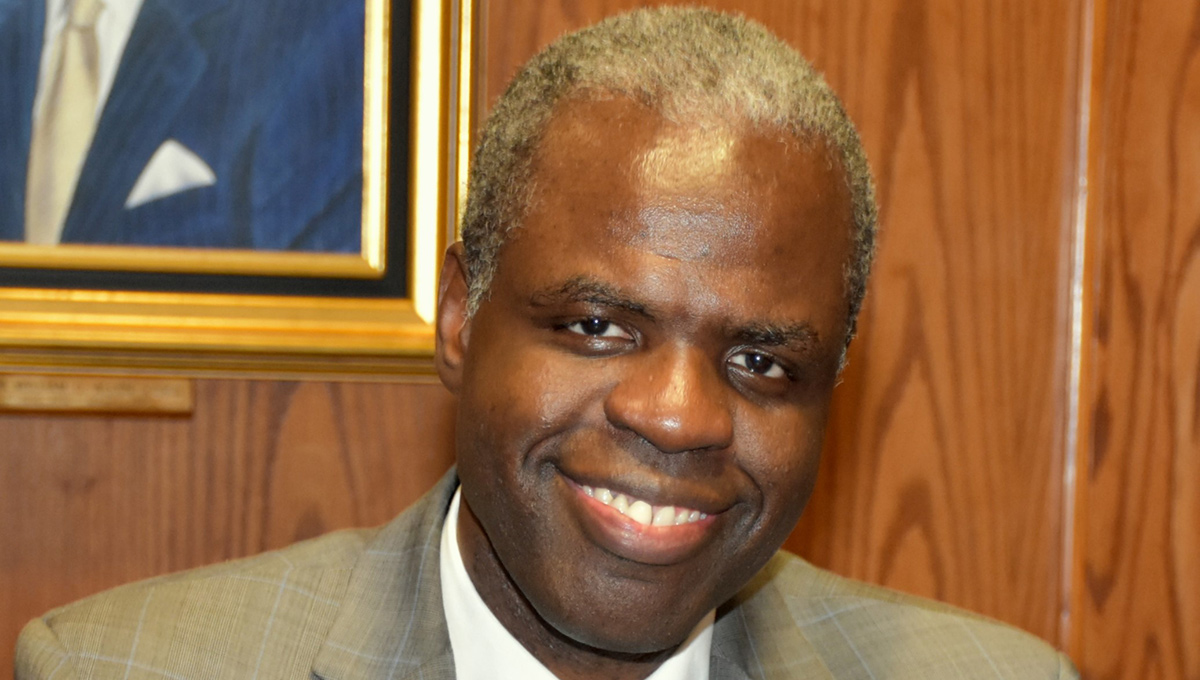
John Rolle
All of this makes the Central Bank of the Bahamas an important international institution, and the governor job a complex and challenging role.
“Because we’re a small country, I have never had the luxury of being narrow in my focus,” says John Rolle, a Carleton University graduate who has served as governor of the Central Bank of the Bahamas since 2016.
“Throughout my career at the central bank, I was allowed to maintain a high-level view of what’s happening, not only in the banking industry but also our economy as a whole.”
Rolle, who spent three years as financial secretary in the country’s Ministry of Finance before becoming governor, and three years on the executive board of the International Monetary Fund about a decade ago, is well suited to help helm the Bahamian economy and navigate its national, regional and global financial relationships and policies.
And he credits his experience at Carleton, where he earned a master’s degree in Economics in 1995, as a valuable stepping stone on his career journey.
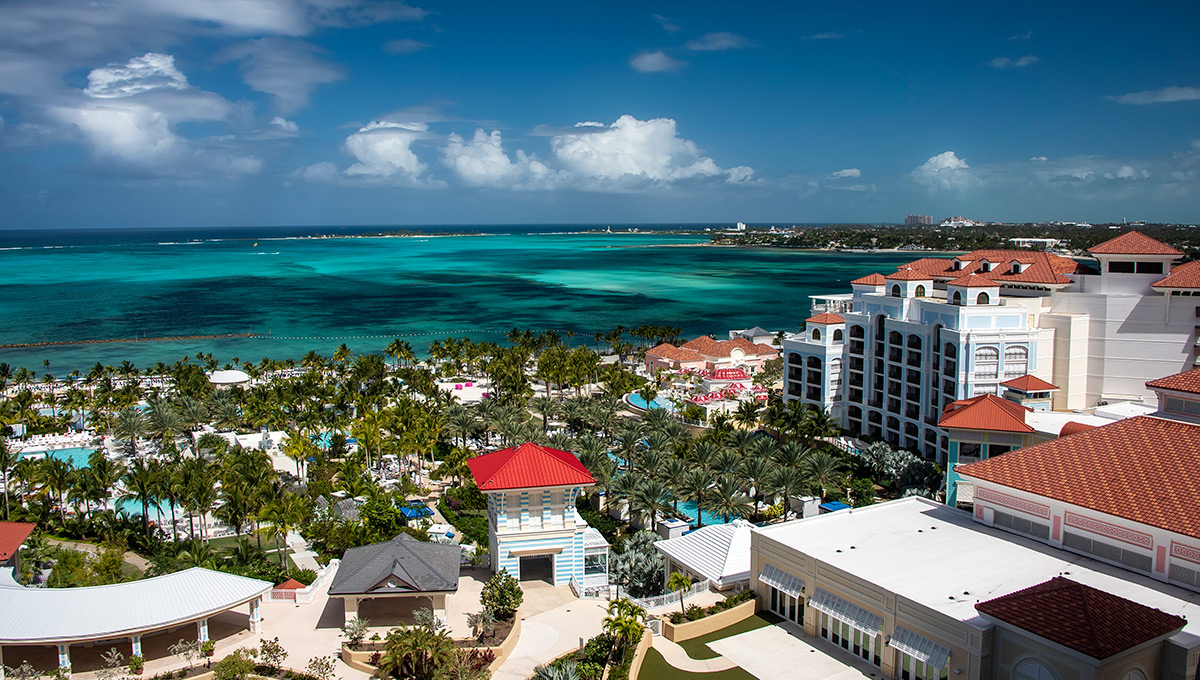
National Capital Location a Bonus
Born and raised in the Bahamas, Rolle was considering a future in law at the end of high school. Economics, he was advised, would be a good foundation.
Rolle focused on economics at a domestic junior college, and when he was ready to go abroad for university, like many young Bahamians do, a Canadian philanthropic foundation—part of the community of Canadian ex-pats in the Bahamas—offered him a scholarship to do an undergraduate degree in economics at Western University in London, Ont.
“Canada is well known in the Caribbean as a place to study,” says Rolle, who started working at the Central Bank after graduating from Western and was granted a study leave to do his master’s at Carleton.
He spent almost a full year in Ottawa, taking in the Canadian Tulip Festival and cycling along the Rideau Canal. He regrets not having a chance to skate—“I was told it was a mild winter,” he says.
At Carleton, Rolle learned alongside students from Eastern Europe, Asia, the Middle East and Africa. “Even today, the majority of Bahamian students who go to university overseas come back with a perspective that you don’t just pick up from the host country,” he says, “but from being part of an international community.
“Being in the midst of all those cultures while you’re in university is quite something, and it also connects you more to those distant countries when you return home.”
Rolle also benefitted from spending time in the national capital. “Canada provided a great perspective on the way governments and the public service worked,” he says. “It left a strong impression and made me think about how I could go back to my country and help make a difference.”
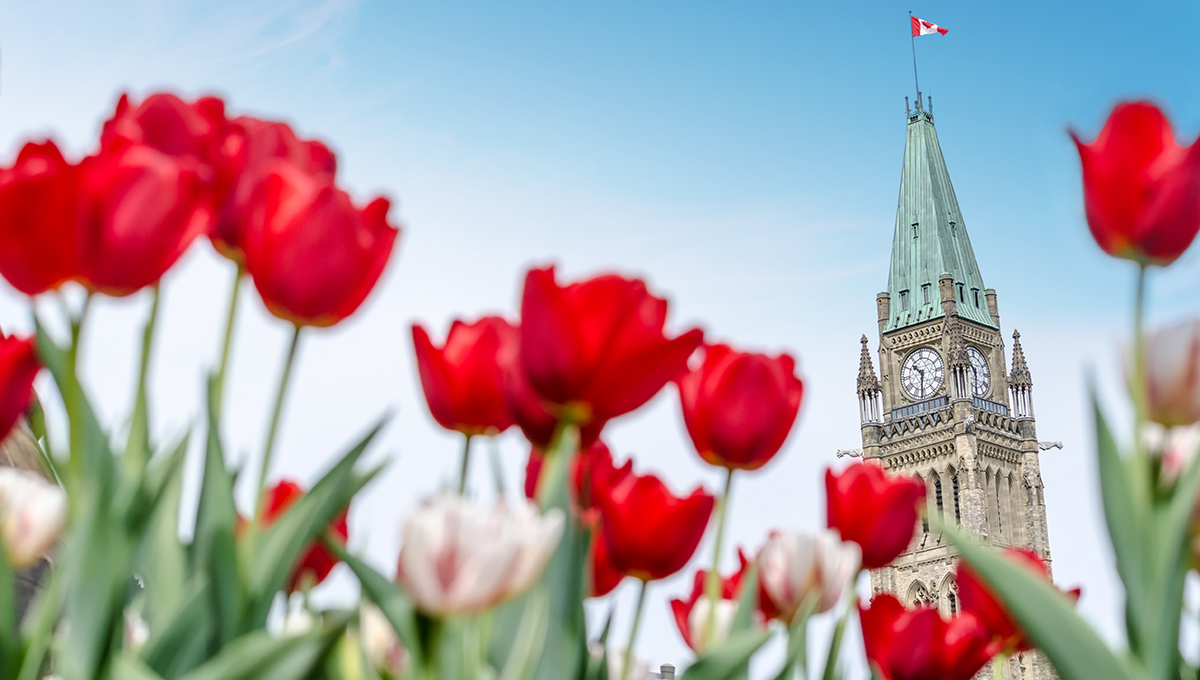
Extended Path to Recovery
Although the Bahamas did not gain independence from the United Kingdom until 1973, a strong tourism sector was already fuelling economic growth by then. That gave it a head start on an economic transition that didn’t begin until later in other Caribbean countries.
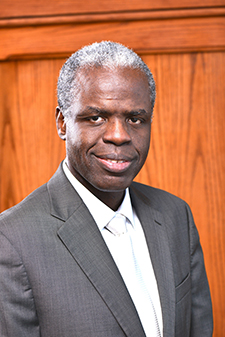 A stable democratic government has also helped.
A stable democratic government has also helped.
“Our politics can be very exciting and passionate, but the debate is often at the level of strategies around outcomes,” says Rolle.
“There’s a certain consistency to our political goals. That has been one of our very important anchors, and that has not changed as administrations have changed.”
At Carleton, Rolle acquired a deep understanding of the theoretical frameworks that underpin economics—a language that he uses to communicate with colleagues and counterparts, whether in government, at the IMF or at the central bank.
“You understand what each other’s objectives are, as well as what the issues and concerns are, and you understand the context you’re operating in,” he says. “You understand how your policies impact the overall outcome.”
The biggest challenge the Bahamas is contending with today is the impact of the pandemic on tourism. After a complete shutdown in 2020, the country is on an “extended path” to recovery, Rolle says, with tourism expected to return to full strength by the end of 2022.
“There will be a long, gradual climb out of the COVID-19 orbit we’re in,” he says.
“It won’t be as fast as other countries that are less dependent on tourism.”
And that’s OK, at least according to the broad perspective of a central banker.
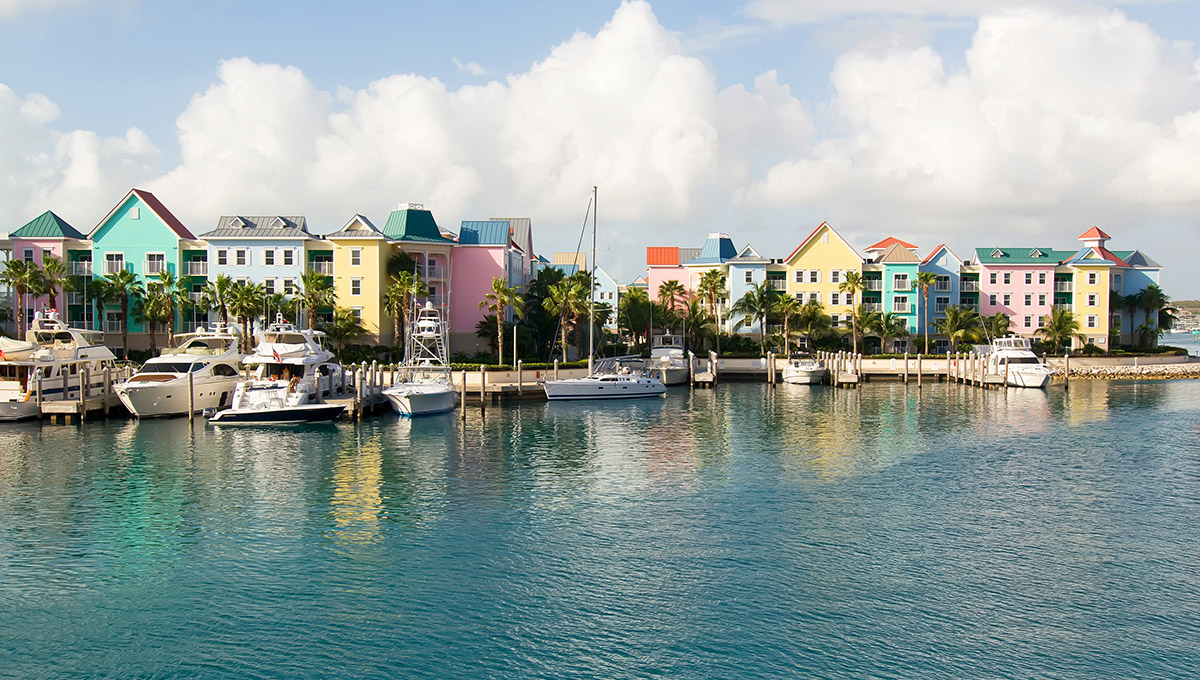
Monday, June 28, 2021 in Convocation, Economics, Grad Stories, Graduate Students, International
Share: Twitter, Facebook
